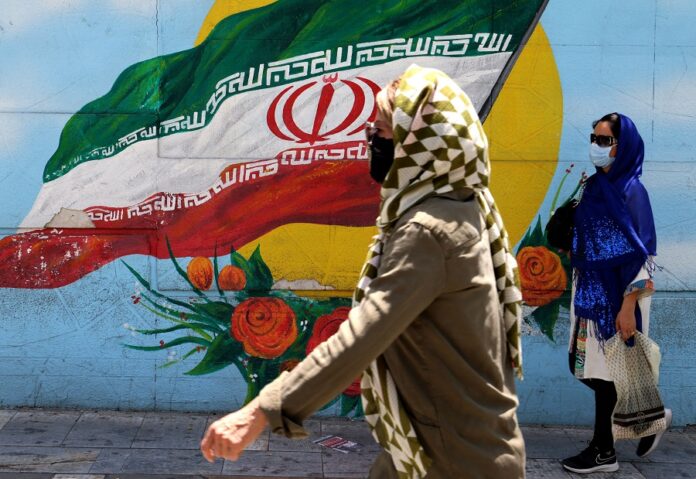Author: Fan Hongda
Affiliation: Professor, Middle East Studies Institute, Shanghai International Studies University
Organization/Publisher: Think China
Date/Place: July 19, 2021/Singapore
Type of Literature: Article
Word Count: 1728
Link:https://www.thinkchina.sg/chinese-academic-can-china-challenge-uss-standing-middle-east
Keywords: Diplomacy, China, United States, Middle East
Brief:
While the US seems to be loosening its ties with the Middle East by withdrawing its troops from Afghanistan, China on the other hand is reported as deepening its ties with Middle East countries and paying more attention to Middle Eastern affairs. The author examines China’s efforts and realities in replacing the US’s standing in the Middle East. He identifies two reasons why bilateral exchange between Middle East countries and China have increased. First, the Middle East is attracted to China’s rapid development. Second, Western interventions have brought more disaster than benefits to the region. Specifically, since the US started wars in Afghanistan (2001) and Iraq (2003), the catastrophic effect has significantly spread throughout the region. While the US has been busy with military interventions in the Middle East, China has meanwhile been working hard on its development and strengthening its economic growth. Additionally, China’s tradition of non-interference in the internal affairs and its growing influence has cultivated Middle East attractiveness towards China. China’s Belt and Road Initiative (BRI) also promotes peaceful development and offers a win-win cooperation with Middle Eastern countries. However, despite China’s outstanding achievement in the 21st century, Middle East countries still lack confidence and trust towards China, and China is not the first country that comes to mind in times of need. The author suggests four ways for China to improve its diplomatic relations with Middle Eastern countries. First, China must convince Middle Eastern countries that its diplomatic efforts are not influenced by third parties. China must be more targeted when dealing with the diversity of Middle Eastern countries; a single policy for all countries won’t work. Third, China must improve its diplomatic ties with key countries in the region. Finally, sharp diplomacy is needed in engaging with Middle Eastern countries, as the situation frequently changes in the region. China must be sharper and nimbler in engaging with Middle Eastern diplomacy.
By: Salman Nugraha, CIGA Research Intern




